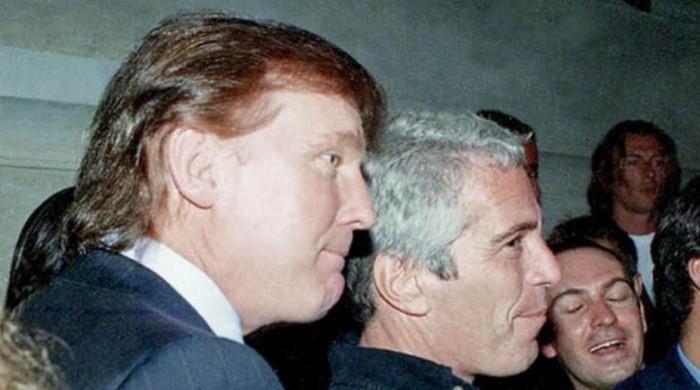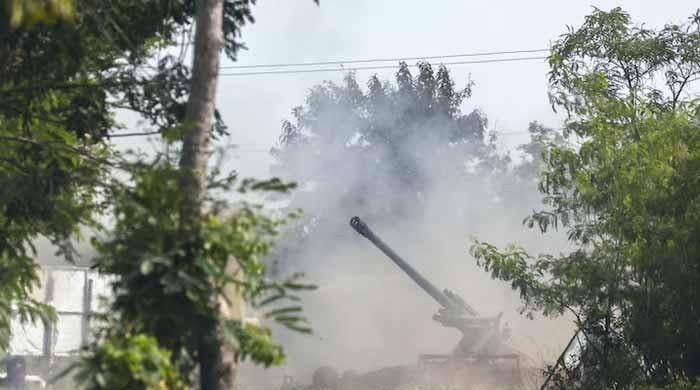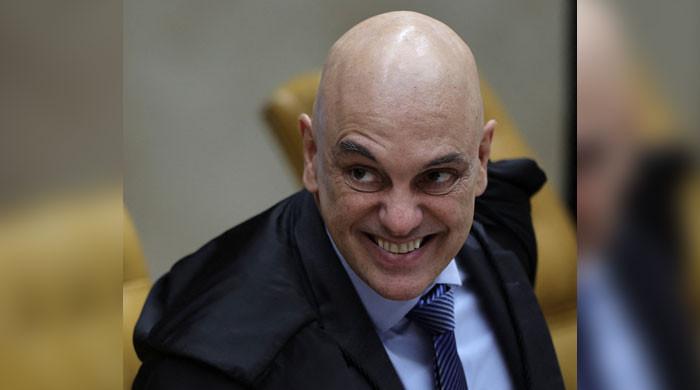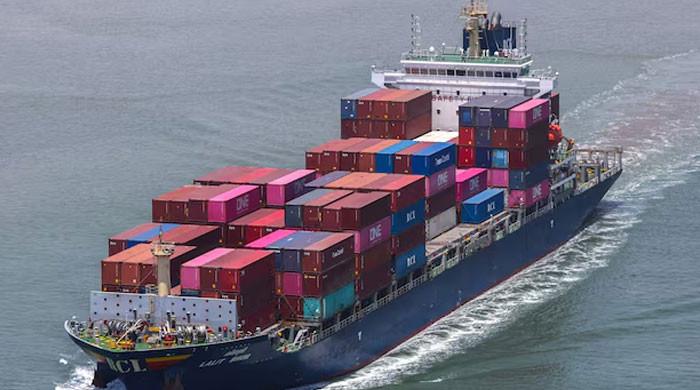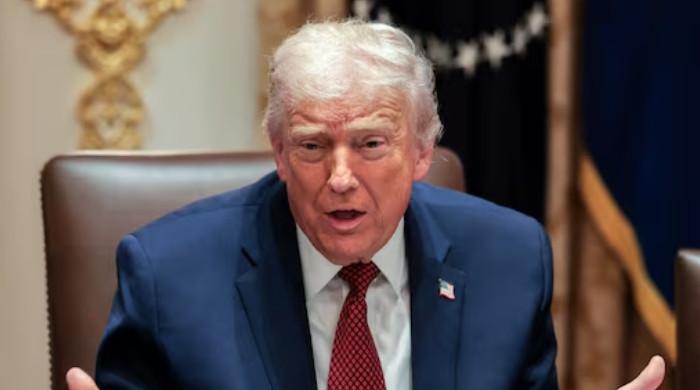Trump says leaders of China, Japan supportive of Kim Jong Un meeting
Trump reached out to the Asian leaders in phone calls Friday after his stunning decision to accept an invitation to meet Kim before the end of May
March 11, 2018
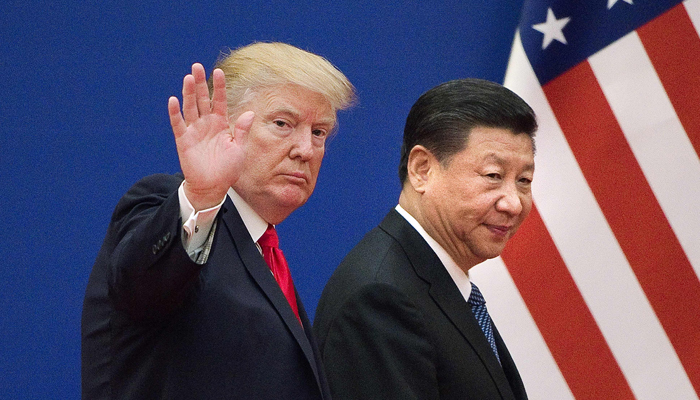
WASHINGTON: US President Donald Trump said Saturday he has received encouragement from the leaders of China and Japan as he moves toward a sudden, high stakes summit with North Korean leader Kim Jong Un.
Trump said China's President Xi Jinping was appreciative of his decision to opt for diplomacy rather than "the ominous alternative," while Japanese Prime Minister Shinzo Abe was "very enthusiastic" about talks with North Korea.
Trump reached out to the Asian leaders in phone calls Friday after his stunning decision to accept an invitation to meet Kim before the end of May.
The turnabout — a huge surprise after months of intensifying brinksmanship over the North's nuclear and missile programs — caught even Trump's top aides off guard.
Just hours before Trump made his announcement Thursday, Secretary of State Rex Tillerson had said direct talks with North Korea were "a long way" off.
Tillerson, who was travelling in Africa, cancelled his scheduled program in Kenya Saturday because he was "not feeling well after a long couple days working on major issues back home such as North Korea," Undersecretary of State Steve Goldstein said in a statement.
Goldstein later said Tillerson was feeling better and would resume his travel schedule Sunday.
White House officials initially waffled on the president's intentions.
"We're not going to have this meeting take place until we see concrete actions that match the words and the rhetoric of North Korea," White House press secretary Sarah Sanders told reporters Friday.
Emphasising the positive
But in a series of tweets late Friday and Saturday, a seemingly ebullient Trump emphasised the positive.
"North Korea has not conducted a Missile Test since November 28, 2017 and has promised not to do so through our meetings. I believe they will honor that commitment!" he said Saturday.
Trump praised a possible future agreement with the nuclear-armed North as "very good" for the international community as a whole.
"The deal with North Korea is very much in the making and will be, if completed, a very good one for the World. Time and place to be determined," he wrote in a Friday tweet.
On Saturday morning, Trump tweeted that Xi "appreciates that the US is working to solve the problem diplomatically rather than going with the ominous alternative. China continues to be helpful!"
A White House readout of the conversation said the two leaders committed to keeping the pressure on North Korea until it takes "tangible steps toward complete, verifiable, and irreversible denuclearisation."
North Korea's ambassador to the United Nations, Pak Song il credited the turnabout to Kim's "broadminded and resolute" decision to contribute to peace and security in the Korean Peninsula.
"The United States should know and understand our position and should further contribute to the peace and security-building in the Korean Peninsula with [a] sincere position and serious attitude," he wrote in an email to The Washington Post on Friday.
'Diplomacy without diplomats'
Not everyone was so sanguine about the prospects of a breakthrough, however, and some Democrats shuddered at the thought of such sensitive — and potentially explosive — negotiations in the hands of an impulsive, inexperienced president.
"If you want to talk to Kim Jong Un about his nuclear weapons you need experienced diplomats," Hillary Clinton, Trump's rival in the 2016 presidential elections, told Dutch tabloid Algemeen Dagblad in an interview published Saturday.
The former secretary of state said the State Department was "being eroded," and experienced diplomats on the North Korean issue were in short supply because many have left.
"You cannot have diplomacy without diplomats," she said, adding that "the danger is not being recognised by the Trump government."
Clinton's words echo those of veteran diplomat and former US ambassador to the United Nations, Bill Richardson, who warned that negotiating with North Korea was not "reality television."
"It's a real opportunity ... I worry about the president's unpreparedness and lack of discipline. But I commend him for his very bold move in accepting the invitation," Richardson told AFP on Friday.
"But this is not 'The Apprentice' or a reality TV event. It's a negotiation with an unpredictable leader who has at least 20 nuclear weapons and who threatens the United States," he said.




